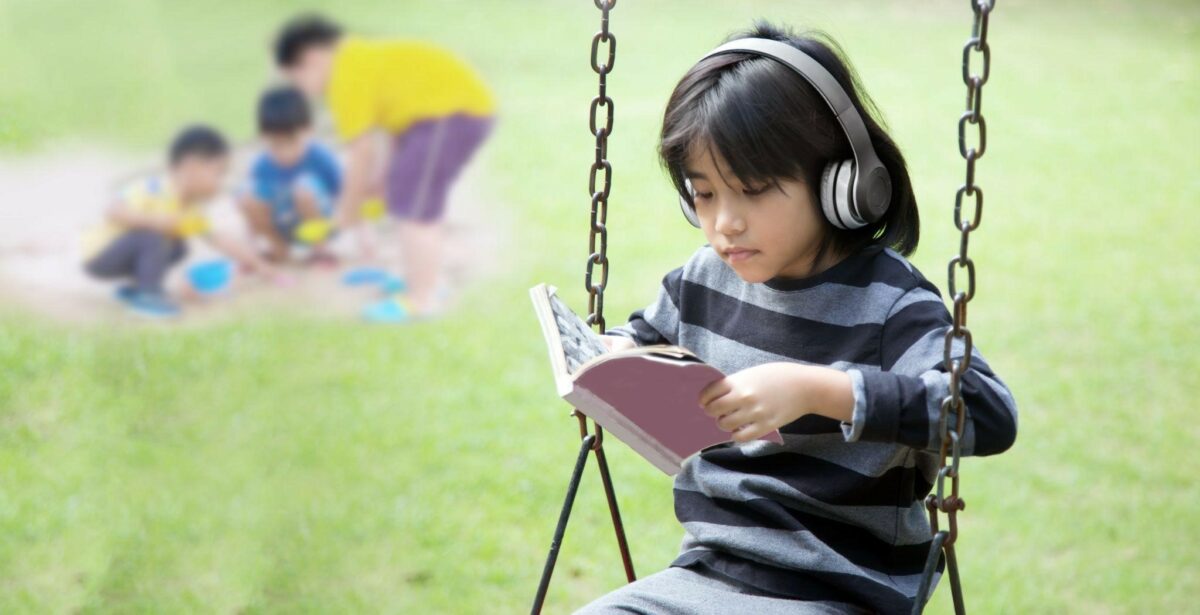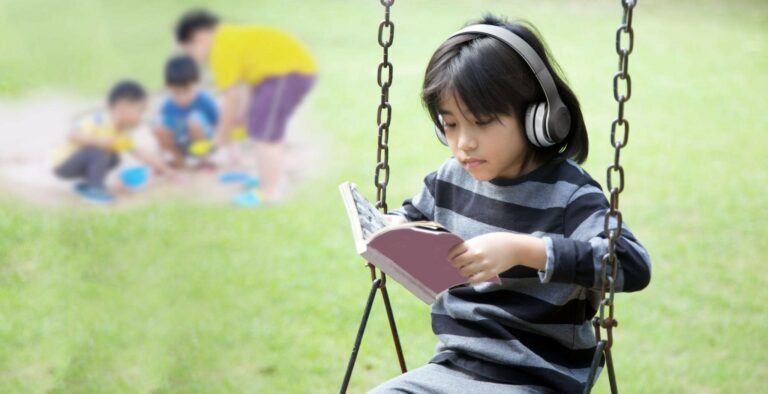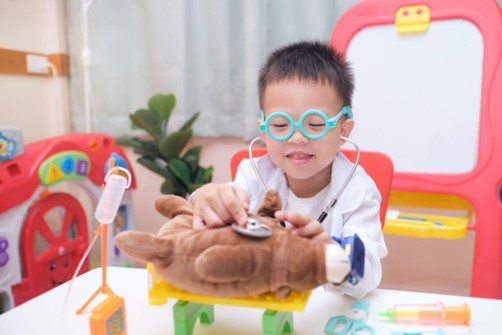Month: January 2025
Asia Student Arts Festival 2025 International Round Folk Dance Group – 1st Runner-up
Asia Student Arts Festival 2025 International Round Folk Dance Group - 1st Runner-up


Parenting Tips
January 2025

Written by: Psychotherapist Lee Wai-Tong, Unleashing Mind Professional Counseling Institute
According to the psychological type proposed by Swiss psychologist Carl Jung, each of us has a natural temperament that becomes a direction of growth in the process of growth. However, the different temperaments of parents and children may cause some misunderstandings and worries in the process of children’s growth
From talkative to silent,different behavior at home and at school
A mother brought her 5-year-old son, Chi, to my center after being introduced by a friend. During the initial conversation with the mother, she was quite talkative and would talk about Chi’s life while she was thinking. She mentioned that Chi was quiet in kindergarten and in the learning group, which was very different from his talkative nature at home. In addition, when Chi came home from school, his mother saw his tired face and did not say a word, so she went up to him to ask him about his schooling, but Chi did not want to talk much and read books or play with toys alone. The mother also tried to call to find out how Chi was doing in kindergarten, but the teacher reported that there was nothing different when Chi was in school, which made the mother worried whether he was unhappy in school, but she did not understand or dared not say anything.

I suggested to the mother to conduct a play consultation assessment for Chi, hoping to understand more about his personality characteristics. I invited him into the playroom and allowed him to lead the game in the playroom. During the process, he tended to observe first and asked me with his eyes if he could play with the toys. When I showed interest in his games, he would let me watch him play without saying a word, and sometimes he would smile at me. In this play consultation with Chi, we found that Chi’s temperament tends to be “introverted”, so the situation described by the mother is also the behavior of an “introverted” child
Different communication methods for “extroverted” and “introverted” children
I found that perhaps the mother’s temperament tends to be “extroverted” while Chi tends to be “introverted”, but because of the difference in temperament, the mother was worried about Chi. For example, an “extroverted” child can come home after a day of school and talk to his parents about the process of school and become lively again; on the other hand, an “introverted” child needs to calm down and integrate the day’s learning., and then talk to his parents about the process of school. After the mother understands the difference in temperament, she can teach her “introverted” child how to talk about his heart

After a week, I contacted the mother again and she realized that her son was an “introverted” child who behaved quite differently from herself, and I had taught her how to guide her child to talk about what was on his mind, so she could finally relieve her worries. In fact, there are differences in nature and temperament. If we can guide them well, we can not only solve the misunderstanding between parents and children, but also improve the control and teaching of children!
This Life is Also About Progress, But Are You Happy?
- Post author By system
- Post date 01/01/2025
- No Comments on This Life is Also About Progress, But Are You Happy?

Parenting Tips
January 2025

Written by: Dr. Wong Chung-kwong, Vice Chairman of The Hong Kong Institute of Family Education
“Unsuccessful, therefore unhappy!” This mindset is not difficult to understand. However, in today’s world, why are many successful people still unhappy?
In my clinical work, I often encounter many unhappy individuals. Years ago, a successful and wealthy man in his sixties confided in me. He shared that after years of hard work in his career, accumulating wealth, he felt lonely and unhappy. I asked him, “What have you been pursuing all your life?” Without hesitation, he answered, “My career.” I continued, “What have you gained in your career but lost in the process?” He pondered for a while and then admitted that his relationship with his wife and children was very distant.
There are two things in life that are quite similar, and not understanding the difference between them is often a significant reason for unhappiness. These two things are “needs” and “wants.” To be happy, we “need” emotional fulfillment, which includes good family relationships and friendships. However, many people, in their pursuit of what they “want”—careers and wealth—neglect their families and undervalue friendships. Even though they achieve the careers and wealth they desire, their emotional “needs” remain unmet, leading to loneliness and unhappiness. If you feel unhappy, take a moment to pause and reflect on what you have been pursuing in life.
“I had everything in my childhood, but I lacked… “
Have you ever considered that there is a child inside you?
Throughout life, we search for many things, one of which is to find the child within ourselves. Look at these photos; which one resembles the child within you?

This is also a true story from years ago. A middle-aged woman confided in me: “I grew up in a wealthy family, lacking for nothing materially. However, my mother was an unhappy person; she was often at home but rarely spent time with me. My father worked long hours, and I seldom saw him. We had everything at home, but it felt like I had no parents!”
This woman worked diligently in her studies and excelled academically. As an adult, she achieved great success in her career, and her husband treated her well, yet she still felt profoundly unhappy.
Children who lack parental love often feel anxious, lonely, and unhappy. Although they may achieve success and have a happy family in adulthood, the feelings of anxiety, loneliness, and unhappiness linger. Why is this? Simply put, they seem to exist in two worlds simultaneously: in the “real world,” they are successful and happy adults; but in their “inner world,” they live with an anxious, lonely, and unhappy child.
If you are an unhappy person, please take a moment to pause and reflect. Seek out the child within your heart and see whether he or she is a happy or an unhappy child.

Parenting Tips
January 2025

Written by: Certified Educational Psychologist Pang Chi Wah, New Horizons Development Centre
As the 21st century has entered the generation of electronic media, many parents are not used to buying newspapers, but have also become accustomed to communicating with people online, shopping, reading newspapers and playing games etc. Some parents have also started to buy fewer toys for their children because many games can be played online anytime and anywhere, which is convenient and economical, and the items are diversified and easy to carry.
In fact, the use of computers is becoming more and more popular, from the business world to the education world and everyone’s daily life. Some parents feel that they need to teach their children to use computers as soon as possible so that they can be one step ahead of others and become smarter. But this argument ignores the fact that no matter how diversified and comprehensive the use of electronic media is, everyone needs to live in the real world and deal with their daily lives in a real way.
In recent years, more and more children are being diagnosed with sensory integration dysfunction, some of which are genetic in origin, but some of which are caused by a lack of proper stimulation in later life. Regardless of the cause, society is increasingly demanding more and more of human sensory integration, but unfortunately, as young children grow up, their bodies are less likely to be switched to different space direction due to advanced technology, and their eyes and hands are left to complete tasks on their behalf without much coordination. They will need to face many challenges in the future, but if they are not sufficiently trained during their growth, they will easily encounter many obstacles in the future.
Playing with toys is a natural part of a child’s life, and if they have virtual toys or games, they may lack real personal sensory stimulation. During the infant and toddler years, parents need to provide them with sensory stimulation of the ears, eyes, hands, feet, body, and brain so that they can develop the coordination exercises they need. There are many toys available in the market according to their age, and the categories are very clear, such as 6 months play, one year play, two years play …… you name it. As long as parents are willing to buy, it is not difficult to find the right toys, such as hand-eye coordination, ear-hand interaction and ear-eye sensory integration.

In addition, parents may want their children to grow up to be teachers, police officers, lawyers, doctors, engineers, or bosses, so they can directly and specifically play the roles, manipulate the tools needed, apply appropriate language, and interact with people in a realistic way through toys. Parents are advised to buy such toys related to vocational skills to induce them to play in these roles, as opposed to just looking at a computer screen to fully grasp multi-sensory stimulation.

Although parents may spend a lot of money on toys, and the time spent playing with them may not be very long, it is definitely worth it to ensure that they get the stimulation they deserve. For a more environmentally friendly use of these toys, parents can also collect toys in three-month increments and resell them to other parents or give them to friends. Parents should remember to buy the right toys for their children’s development


